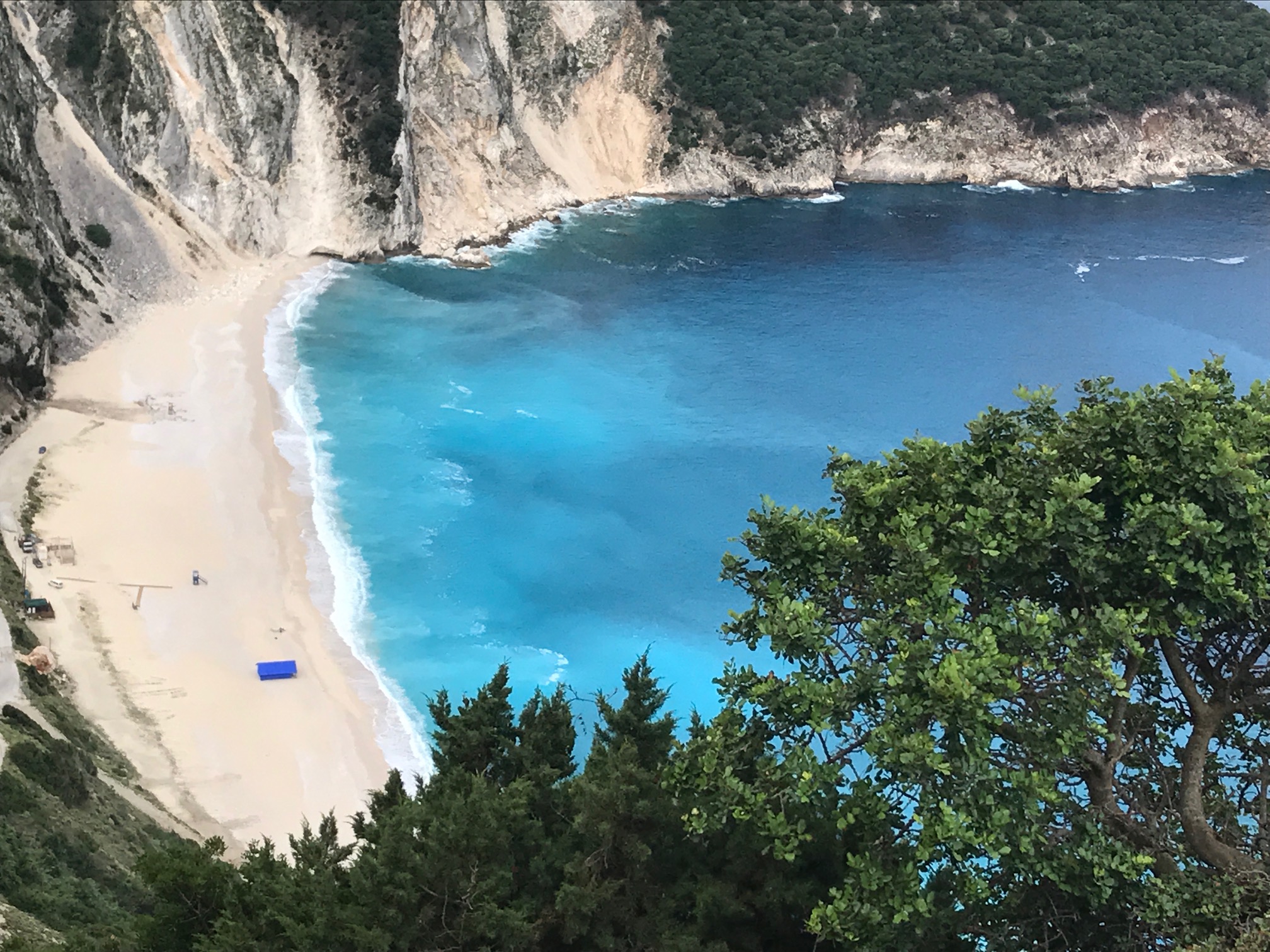Mediterranean lifestyle longevity
Melbourne based Dr Catherine Itsiopoulos has a string of qualifications and deep experience in the field of human nutrition. Her specialty is Mediterranean dietary research. But her latest project beats all her other work hands down.
Together with a team of experts from the US, Europe and the United Kingdom, Catherine has created the Mediterranean Lifestyle Medicine Institute (MLMI). And at the beginning of July this team of like-minded professionals will formally launch the institute and run a symposium with experts across all the six pillars of lifestyle medicine using a Mediterranean Lifestyle approach which will be accessible via a free on-line webinar. The MLMI members will be planning an inaugural summer school on the islands of Leros and Kos in Greece which will be launched in 2023.
Subtitled The science and art of the traditional Mediterranean Lifestyle medicine – an experiential approach, the program dates will be available later this year.
Other notable academics who will be present include Professor Labros Sidossis from the Department of Kinesiology and Health, Rutgers University, Doctor Rob Lawson chairman the British Society of Lifestyle Medicine and Scott Fulton, founder, Longevity Advantage.
So exactly what is a Mediterranean lifestyle?
Often confused with the narrower focus of Mediterranean diet, the lifestyle is based upon six pillars:
- Nutrition
- Physical activity
- Sleep
- Managing stress
- Social connectedness
- Ceasing unhealthy habits (tobacco, drugs)
This healthy way of living, focuses on
- a plant-based diet, but one where all foods are allowed (and encouraged) ,
- physical activity in the context of daily family and community life; biking, or running as transportation; leisure time physical activity (e.g., dancing); occupational or household chores; play; games and activities,
- a sleep pattern that allows for adequate rest – including a short mid-day siesta as needed,
- social participation – social ties – conviviality – stress control,
- living in synch – promoting a way of life (diet, transportation, etc.) with low environmental impact.
Leaders in each area are creating a collective which allows them to offer an understanding of the broader aspects of the Mediterranean lifestyle, particularly its implications for enhance longevity.
Says Catherine, ‘Mediterranean lifestyle goes way beyond diet’. Elements of contribution, purpose, connectedness and community have come through from antiquity. The Institute plans to support and teach Socratic theory and to encourage attendees to learn by walking and talking together as Socrates did in Athens in 400 BC.
Those lucky enough to join the inaugural summer school will visit the birthplace in Asclepeion of the hospital founded by Hippocrates on the island of Kos. Walks will explore the mountains of Leros and the culinary herbs and spices which contain pharmaceutical benefits. Visits to ancient villages to meet older citizens and learn their ways of reducing stress and enhancing spirituality are included, as are fishing expeditions and a lot of walking designed to provide incidental physical activity.
Underpinning all aspects of the Mediterranean lifestyle is the importance of purpose and the institute will undertake further research to evaluate and share how this works to advantage in the communities on islands in the Mediterranean. Says Scott Fulton on the importance of ongoing input:
‘Retirement didn’t exist back then. It was a steady contribution over a lifetime that was valued by society’
Perhaps we are on the precipice of this trend as well?
In its mission statement, the institute aspires to advance the concept of the traditional Mediterranean Lifestyle (tMedLife) as a healthy paradigm for global lifestyle medicine interventions.
Catherine joined a StayingConnected panel last year to more fully explain the power of purpose. Watch her here.

